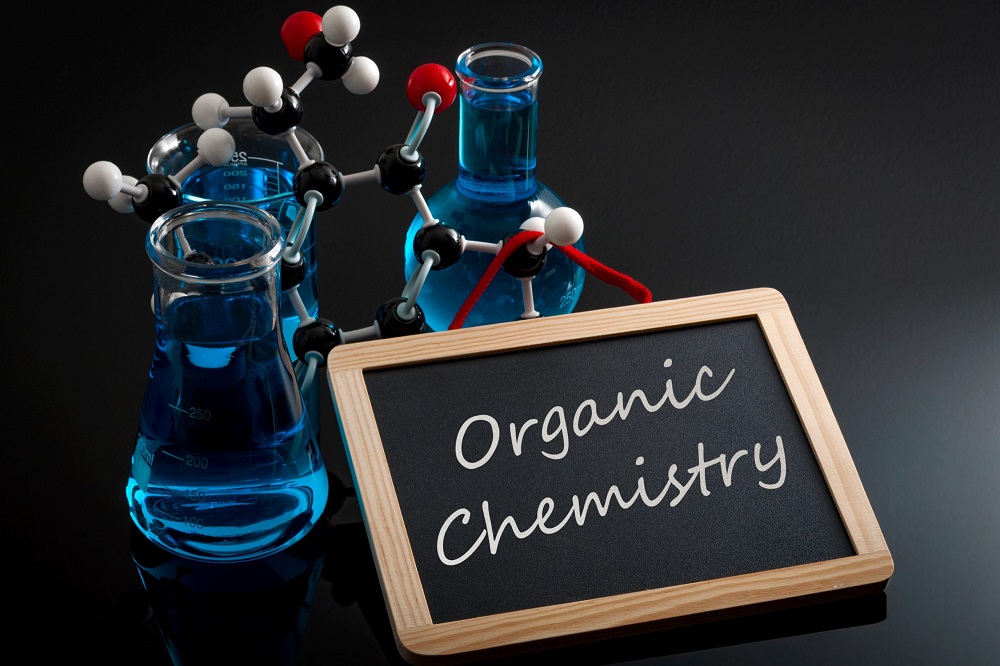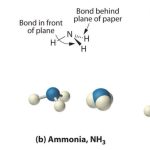Organic Chemistry is a division of chemistry that involves a scientific approach to structure, properties, and applications of organic molecules and compounds that are; it is a matter containing carbon in discrete forms. In general, it is a study of molecules comprising of compounds with several numbers of other associated elements namely hydrogen, silicon, sulfur, oxygen, phosphorus, halogens, and nitrogen.
Study of structures involves regulating chemical constitution and composition of organic materials and compounds through numerous chemical and physical methods, whereas a study of properties involves evaluation of chemical reactivity to understand the behavior of organic matter in its purest forms, if possible in mixtures, fabricated forms and solutions as well. Initially, this branch of chemistry was finite to compounds that were produced by living organisms but now it has been widespread to incorporate man – made substances namely plastics.
Properties of Organic Compounds
The physical property of an organic compound can be defined as a property that does not alter chemical characteristics of a compound. It consists of qualitative as well as quantitative qualities. Boiling point, melting point and index of refraction constitutes quantitative data. Color, solubility, odor and consistency constitutes to quantitative qualities.
Solids : They are organic compounds possessing distinct shape and volume.
Liquid : It is an organic compounds possessing less distinct shape and volume compared to solids.
Melting Point : It is one among the vital physical property of an organic compound. It usually indicates the temperature in which a state of an compound changes from solid to liquid state. Melting point of a pure crystalline is acute and it may melt over a slender range of temperature, that is if a temperature exceeds more than 0.5-1oC. There are few factors that could affect the melting point. Some are stated below.
Size of a molecule : Melting Point identifies the characteristics of a organic compound. Suppose if a 2 compounds consists of variant structural arrangement of atoms or posses different configurations then there is a clear difference of melting point. If two samples possessing same melting point will have same configurations.
Force of attraction between the molecules : Melting point of a compound is usually affected by the force of attraction between the molecules. Existence of hydrogen bonds in organic compounds will have a higher melting point.
Boiling Point : It identifies the physical properties of an organic compounds. It varies depending upon the surrounding environment. A boiling point of a liquid is high at high pressure and have lower boiling point when atmospheric pressure is low. There are several factors that would affect boiling point and they are stated below.
Polarity : Greater the polarity than higher the boiling point, that is polarity determines the force of attraction between the molecules. Molecules are attracted by opposite charges in a polar compound.
Carbon – carbon chain: Boiling point decreases with the increase in the length of a carbon – carbon chain.
Strength of Intermolecular forces : Various effects such as Vander Waals dispersion hydrogen – bonding. Ionic bonding will affect the strength of a intermolecular forces.
Solubility: Organic compounds may dissolve in solvents like mixture, ethyl alcohol or white spirits.
Classification of Organic Compounds
They have been classified as follows:
· Functional groups.
· Aliphatic Compounds.
· Aromatic Compounds
· Heterocyclic Compounds
· Polymers
· Biomolecules
· Small Molecules
· Fullerenes


